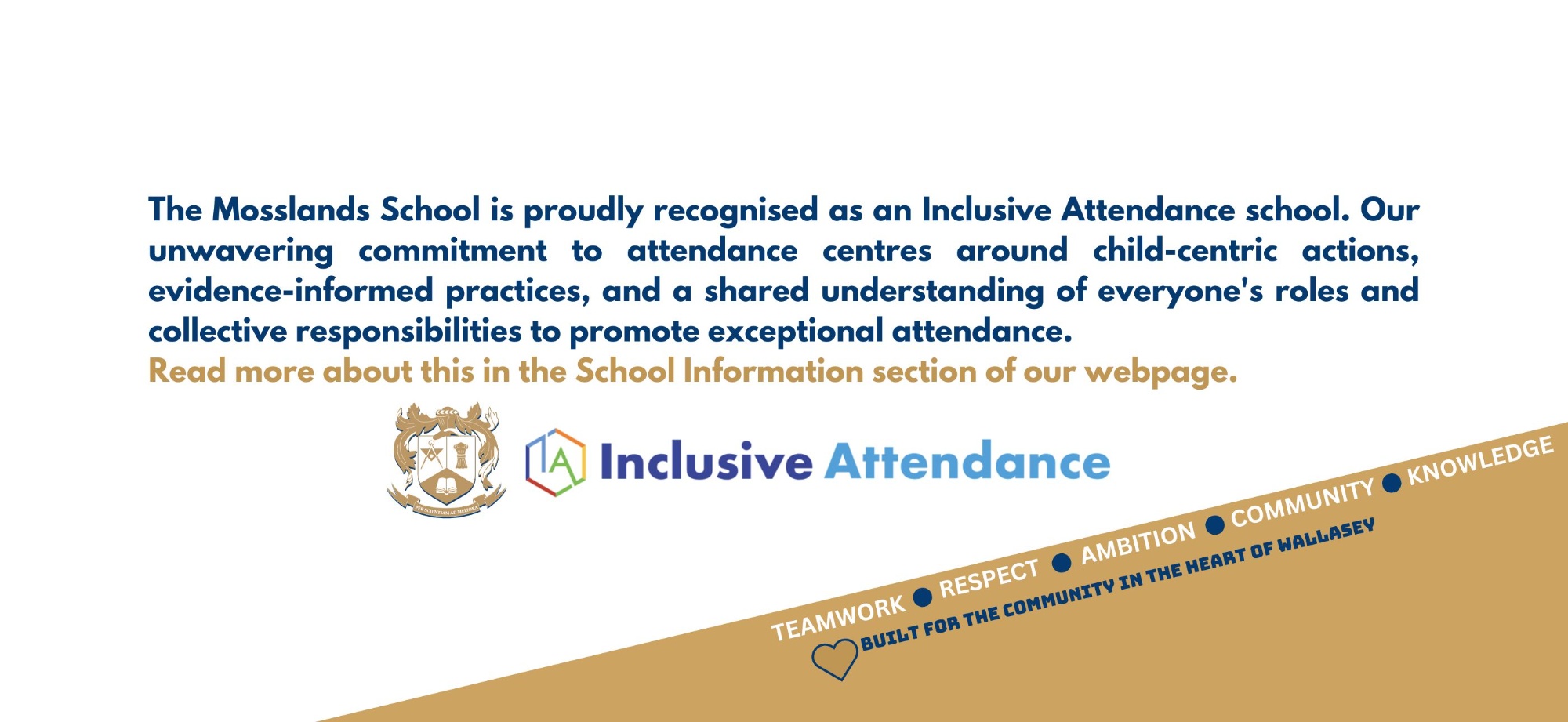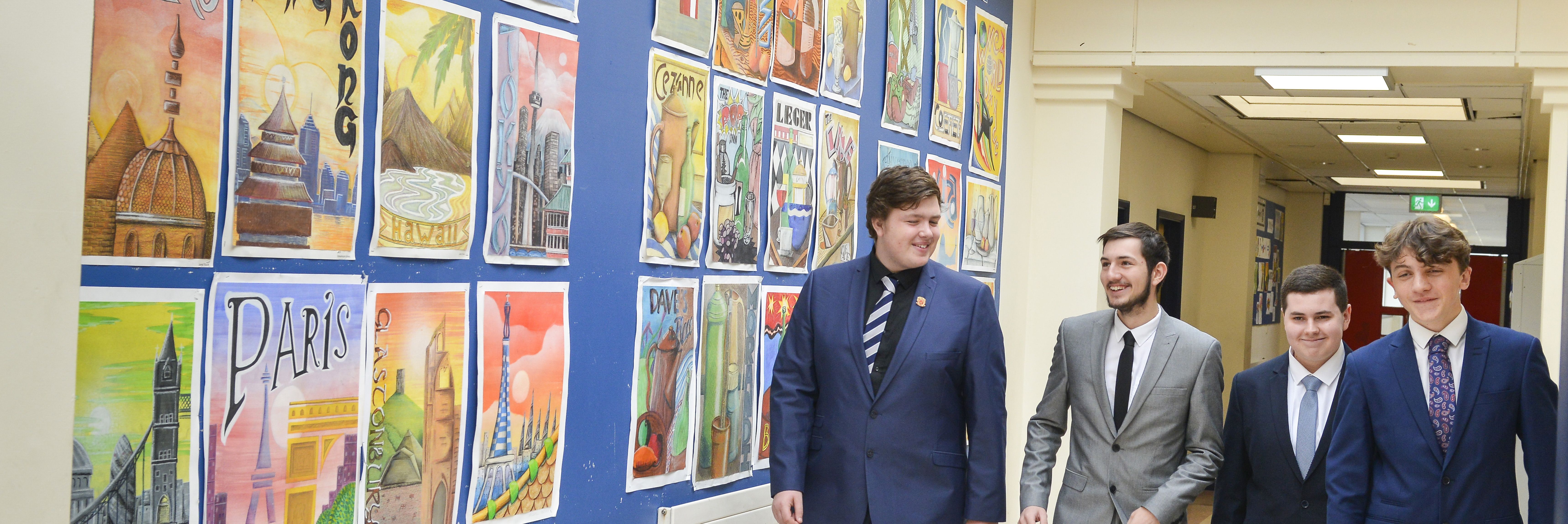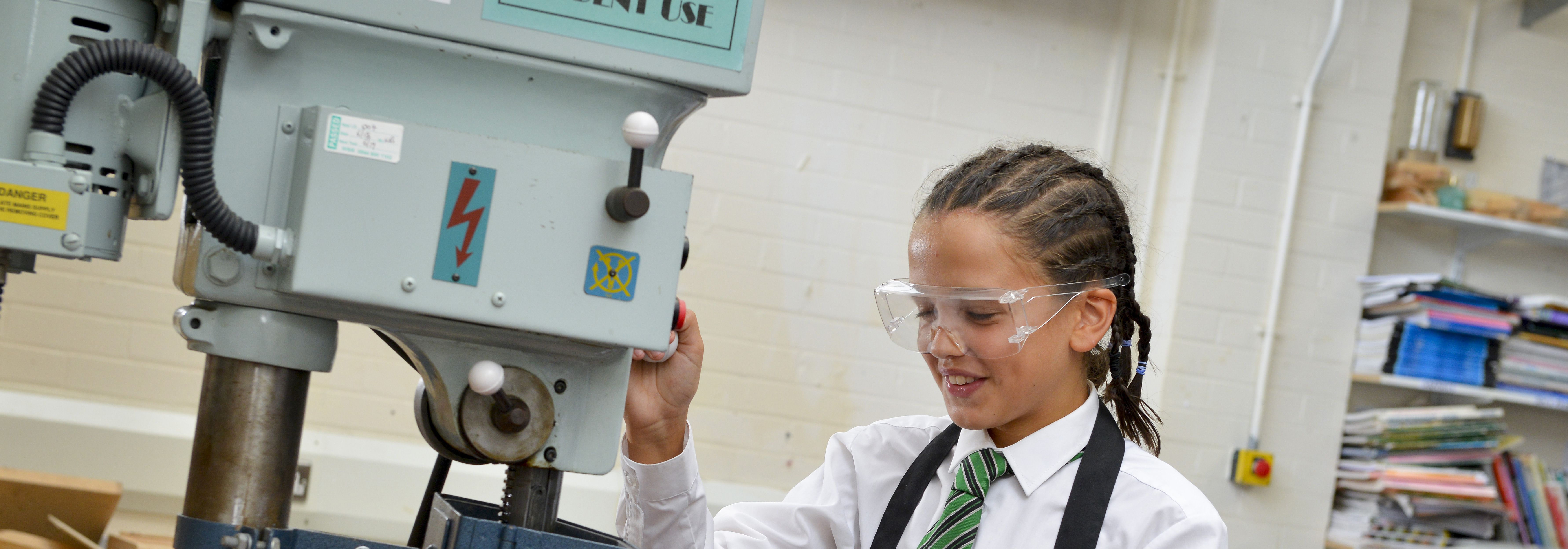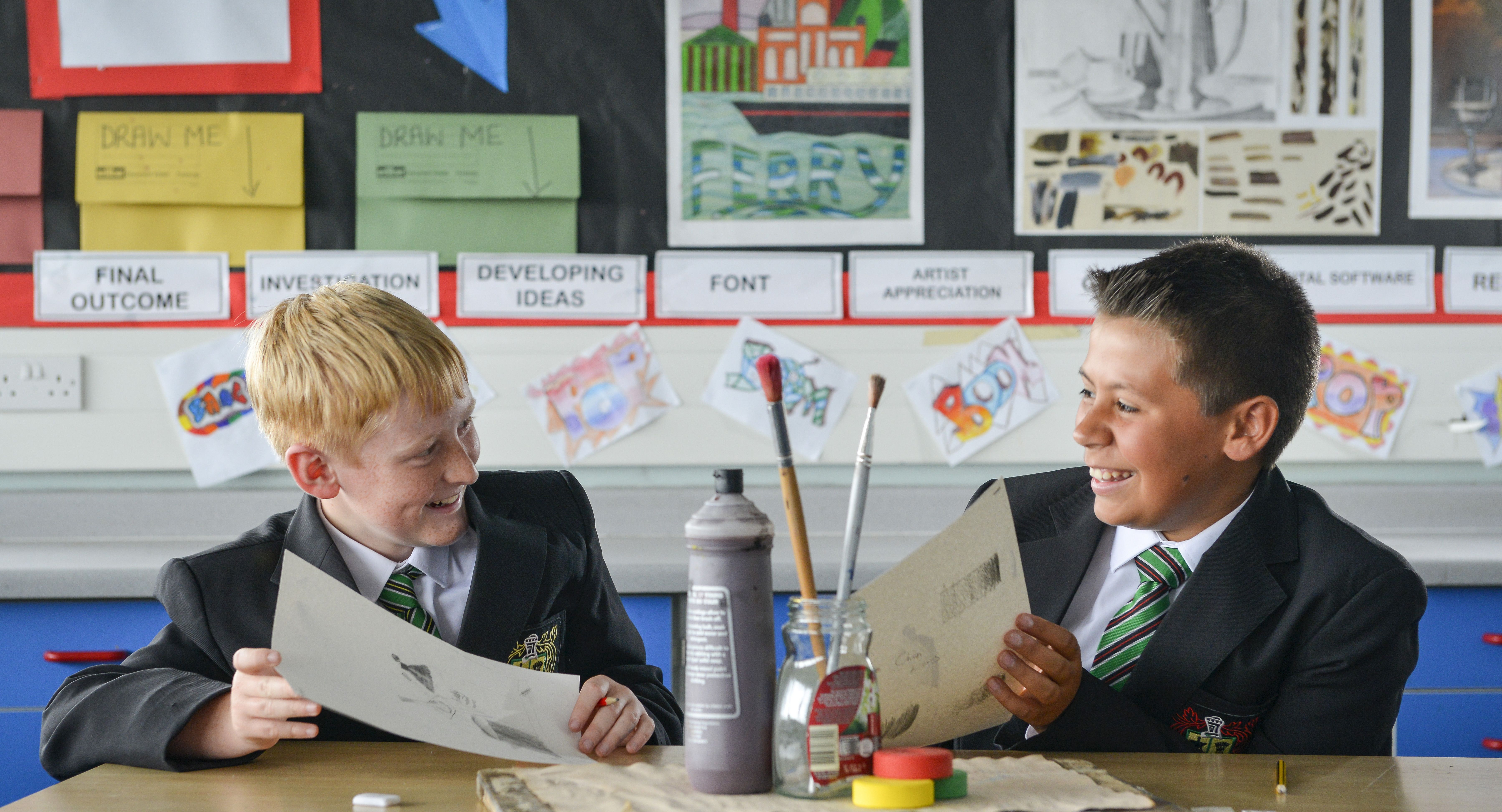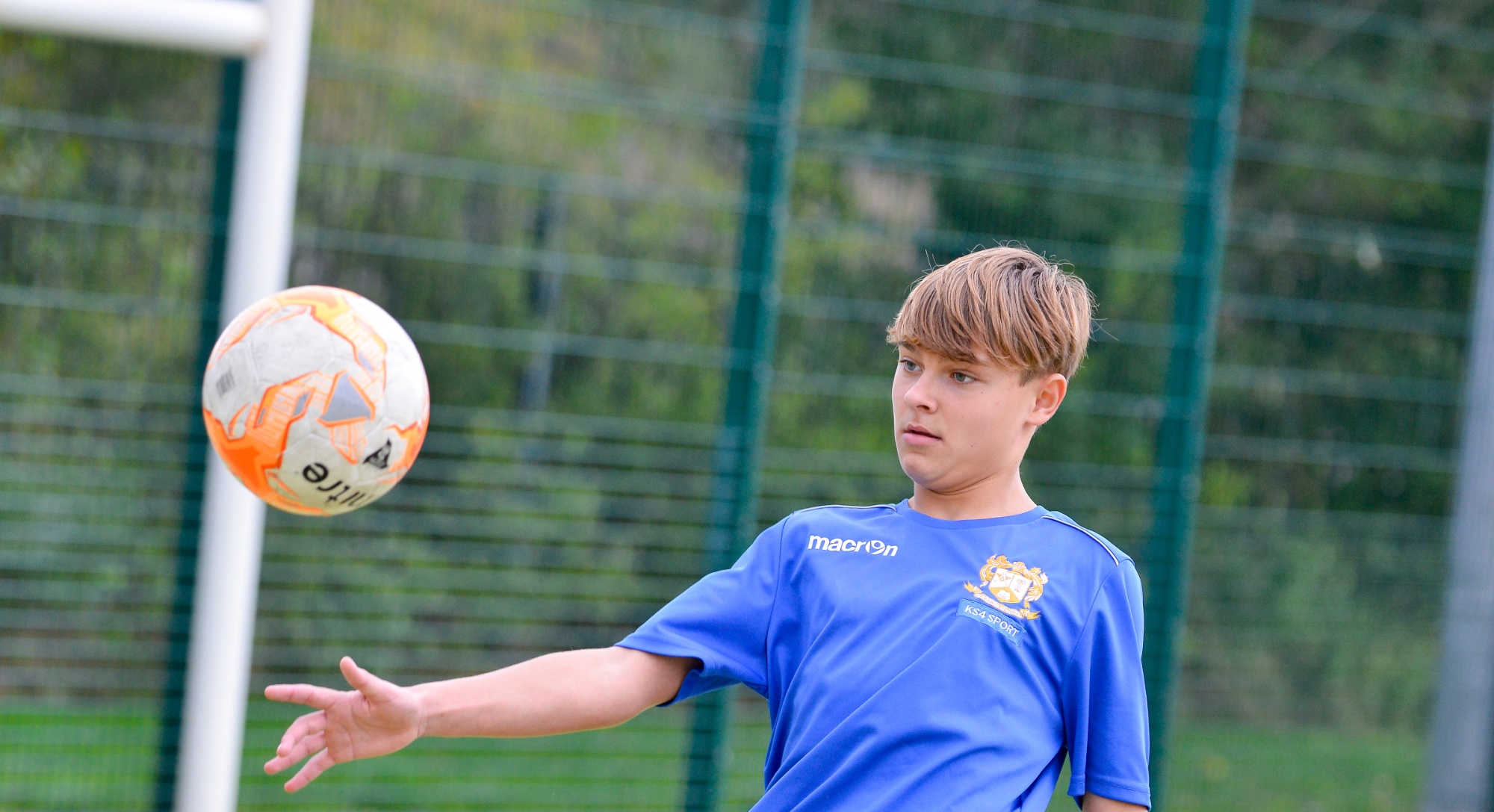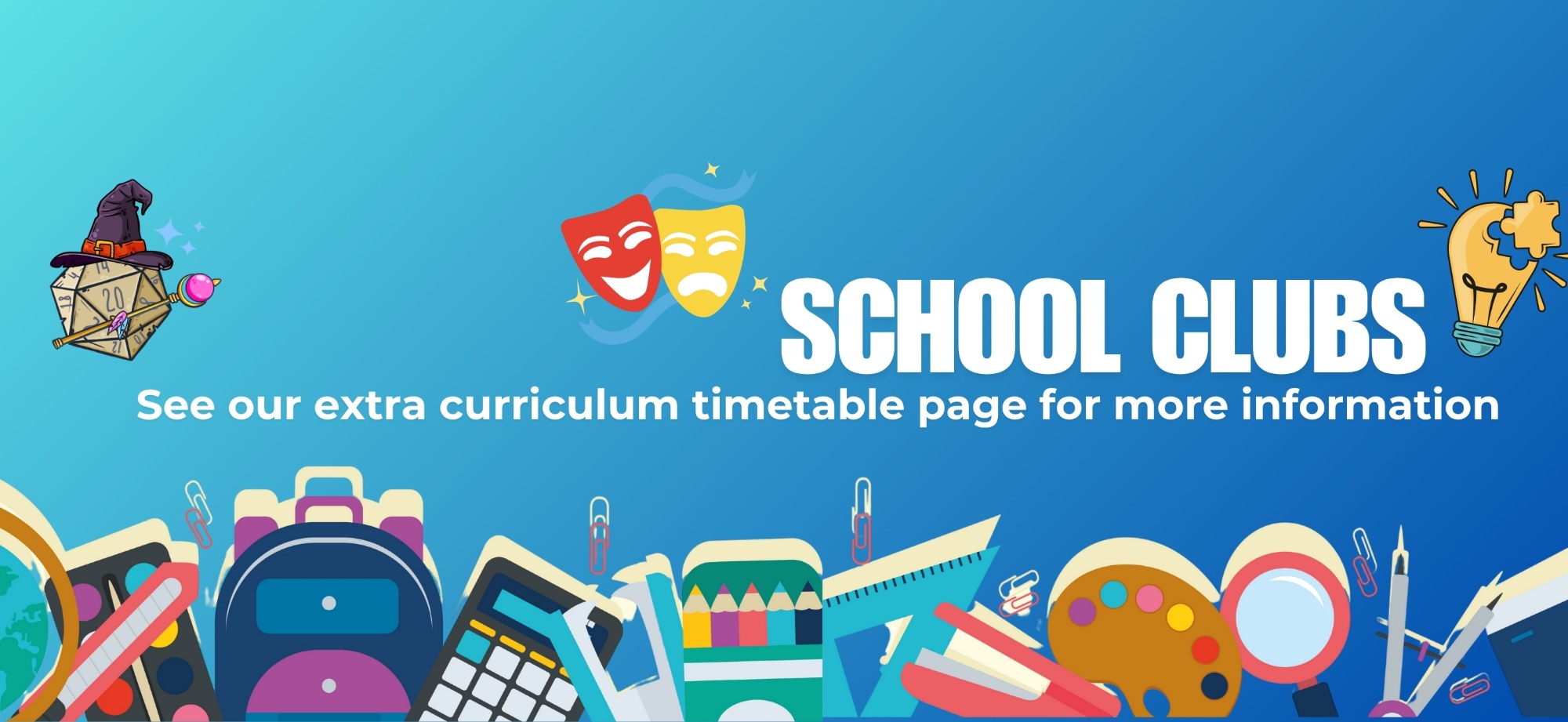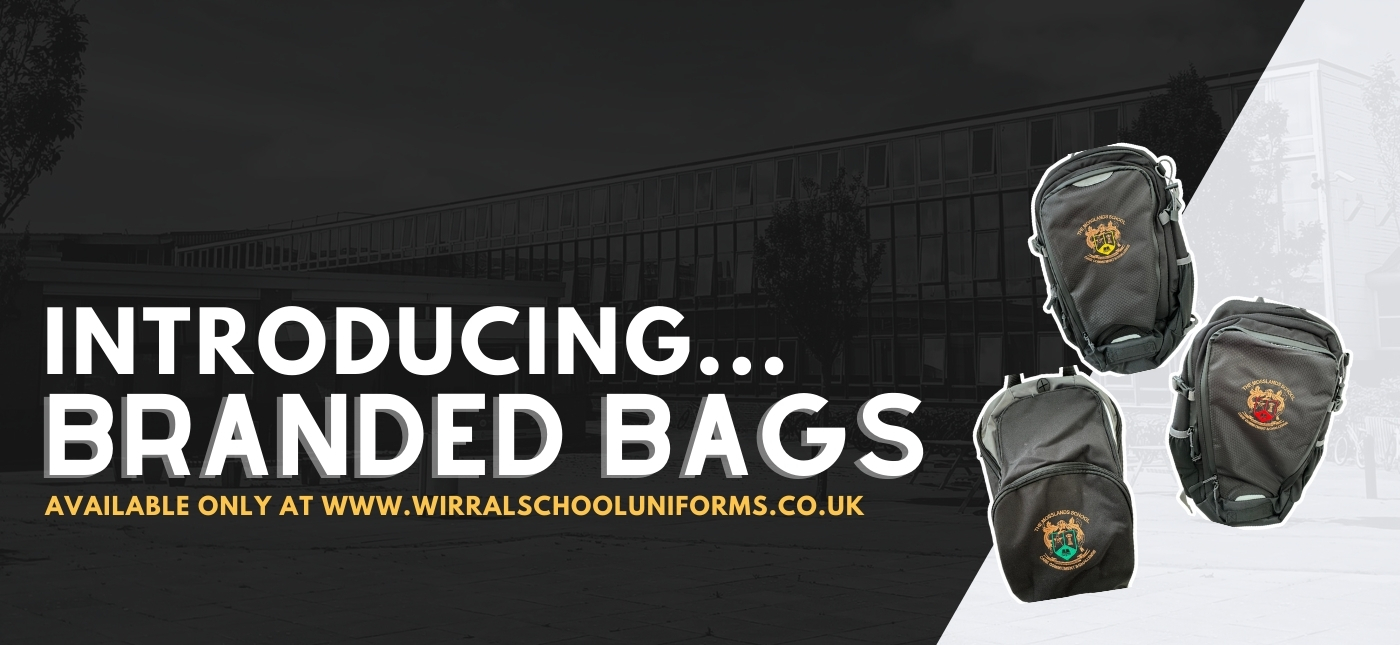Year 8
Curriculum Map
This curriculum map provides an overview of the music journey students will experience throughout the academic year. It outlines the sequence of musical styles, composition techniques, and performance opportunities alongside key assessment points designed to monitor and support student progress. The curriculum is carefully sequenced to build knowledge progressively, with each unit providing the foundation for future learning, ensuring all students develop musical understanding, practical skills, and creative expression appropriate to their age and stage. For detailed information about the specific knowledge and skills taught in each unit, please visit our Knowledge and Skills page.
| Half Term | Unit(s) of Work | Key Assessments |
| Autumn 1 | Let him have it - Group composition task |
Students will now utilise the skills they have developed in earlier units to be to compose music to a set stimulus. This is also an introduction to GCSE music as they are required to compose music to a brief. The stimulus on this occasion is a piece of drama. The students will divide into groups of 8 over 2 scenes, each taking a role as an actor (for stimulus purposes) and a composer. The actor will make a scene and the composers will compose music to accompany, enhance and help support the story. This is an excellent way of bring music elements to life especially when you explore how music changes the meaning of a scene. Particular skills assessed:
The main assessment is a group composition to accompany a scene. Music department success criteria used for composition skills. TBC. Teacher will assess along with student peer assessment of composition ideas. |
| Autumn 2 | Film music - Tom Jerry |
The students now take skills developed in autumn 1 and autumn from year 7 to explore how musical elements can be used to enhance a film scene. It does this by exploring how music plays a pivotal role in film. As well as exploring how music can be used to tell a story such as:
The main assessment involves composing music to a 30 second cartoon clip. The aim of this is for the students to bring the characters to life, including their chosen personalities and the overall narrative of the story. The students will also be exposed to listening to film music of different genres and also develops different aural skills. Music department success criteria used for composition skills. TBC. Teacher will assess along with student peer assessment of composition ideas. |
| Spring 1 | Reggae |
To begin this year, the students will look at music from another area of the globe, Jamaica. This will further expand their knowledge of different musical styles from around the world by studying Reggae music. This will involve looking at the historical context of reggae music as well as musical features which are unique to the style. Particular skills assessed:
The main assessment is a group performance if a song in a reggae style. The students will also complete a listening assessment of reggae music. Music department success criteria used for performance skills. TBC. Teacher will assess along with student peer assessment of performance skills. |
| Spring 2 | Melodies & Parodies |
This unit builds on previous composition units, in particular, the form and structure unit from year 7. It also sits as a bridging unit towards the long term of goal of composing an entire song in year 9. The focus is melody development, including learning how to notate a melody, and learn how to write lyrics. The students begin by exploring how to select melody notes to fit with a chord pattern. This is done initially in semi breaves but the students then go on look at introducing minims and other rhythmical values as the melody progresses.
The writing of the lyrics will also be assessed with consideration to:
Music department success criteria used for performance and composition skills. TBC. Teacher will assess along with student peer assessment of composition ideas. |
| Summer 1 | Blues |
To further explore different styles of music, the students will now delve into the world of Blues music. This includes:
The students will be assessed on their performances of the 12-bar blues cycle on a keyboard as well as the blues songs that they have wrote. Music department success criteria used for performance and composition skills. TBC. Teacher will assess along with student peer assessment of performance and composition ideas. |
| Summer 2 | ICT Unit | TBC |
| Extra | Reggae |
To begin this year, the students will look at music from another area of the globe, Jamaica. This will further expand their knowledge of different musical styles from around the world by studying Reggae music. This will involve looking at the historical context of reggae music as well as musical features which are unique to the style. Particular skills assessed:
The main assessment is a group performance if a song in a reggae style. The students will also complete a listening assessment of reggae music. Music department success criteria used for performance skills. TBC. Teacher will assess along with student peer assessment of performance skills. |




